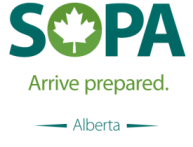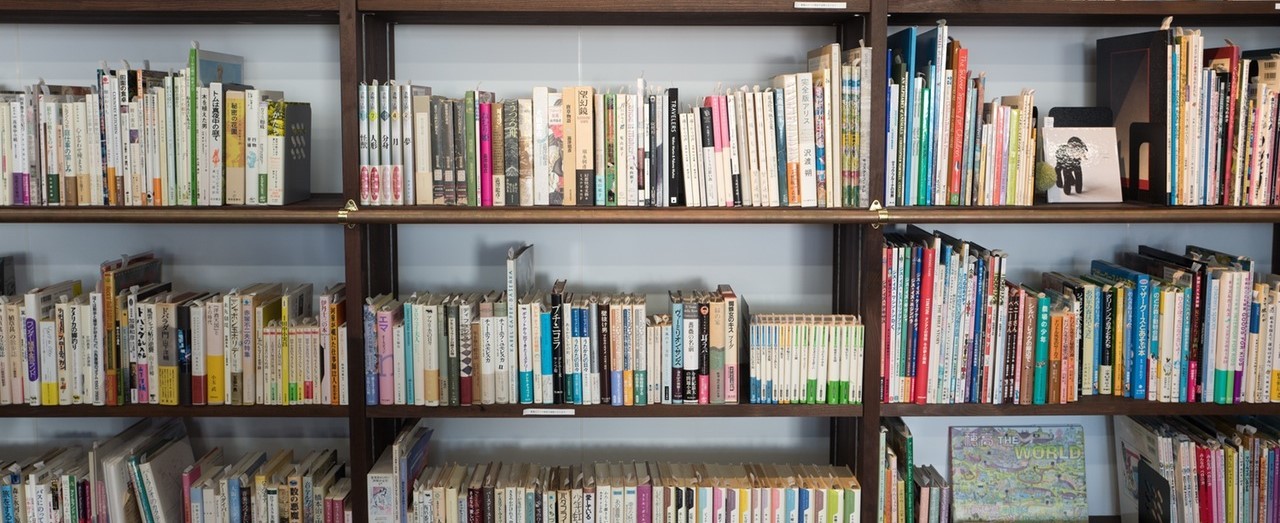When you move to Canada, one of your most important concerns is finding a job, often the same position you had in the country you've come from. To accomplish this, you need to apply the effective job search strategies you've learned from courses and workshops–such as using transferrable skills, networking and targeting resumes. You also need to understand and develop people skills, or what are commonly referred to as soft skills.
Soft skills are very important to Canadian employers; they want to make sure you'll adapt easily to their workplace. It's important to understand that the use and practice of soft skills are unique in each culture, workplace and country. What might be acceptable in your previous workplace and country may not be practiced in Canada, and vice versa. Thus, recognizing the need to learn how to apply your existing soft skills and develop new ones that will fit the Canadian workplace culture is a good start.
Your soft skills factor in as soon as you interact with others–from the time you call to confirm an appointment with reception, through your job interview, to your daily communication with your colleagues and clients. Your knowledge of soft skills should involve continuous learning as you will use various skills for your career advancement.
Three key soft skills that I believe every newcomer should have are communication, observation and adaptability.
Communication
The ultimate goal of communication is to connect effectively with others.
One of the best ways to connect is to engage in small talk. It might sound trivial, especially if this is not a common practice in your own culture, but this is something we need to do in Canada. Learn the local language and know what the acceptable topics are to open conversations. Small talk is often done in networking events and social gatherings - you’ll never know what opportunities come out of these conversations! Here's an example of a SOPA graduate who got a job using small talk at a bus stop!
As a newcomer, you should also develop your presentation skills, not just for public speaking, but more importantly, to present yourself and your ideas well. Speaking up and expressing your opinion is highly encouraged in the Canadian workplace.
LinkedIn is the best social media platform for connecting with professionals in Canada, and it's widely used by recruiters. Skilled workers and professionals should have a LinkedIn profile and understand how to network appropriately.
Observation
Observation skills are also very important for integrating into the Canadian workplace. Canada is known to have a very indirect and polite culture. People go out of their way to avoid confrontation. Your colleagues might be saying yes they agree but they actually mean “not really,” and this is shown through body language (such as a confused look), hesitation or politely disagreeing in a roundabout way. Thus, the power of observation will help you interpret and understand what they’re really saying. This takes time and practice with a conscious effort to be attentive.
Adaptability
The third soft skill that immigrants should have is adaptability. This means being open to different cultural practices and beliefs as your co-workers in Canada come from various backgrounds and professions. Adapting to the culture and to the practices you have observed will help you stay positive. If you're not used to networking and small talk, you'll need to adapt to obtain and keep a job.
Adaptability also means being open to all the cultural and professional backgrounds in this new environment. It's also about flexibility in the workplace which may entail volunteering to help co-workers on a project or accepting tasks beyond your job description.
In your quest for the job that you want, you may trip and falter, and that’s okay! The important thing is that you learn and move forward. Being able to communicate, observe and adapt will help you succeed in finding the job you want and ensure your career growth in Canada.
To learn more about soft skills and job search in Canada, register for free online courses at http://www.arriveprepared.ca/.






